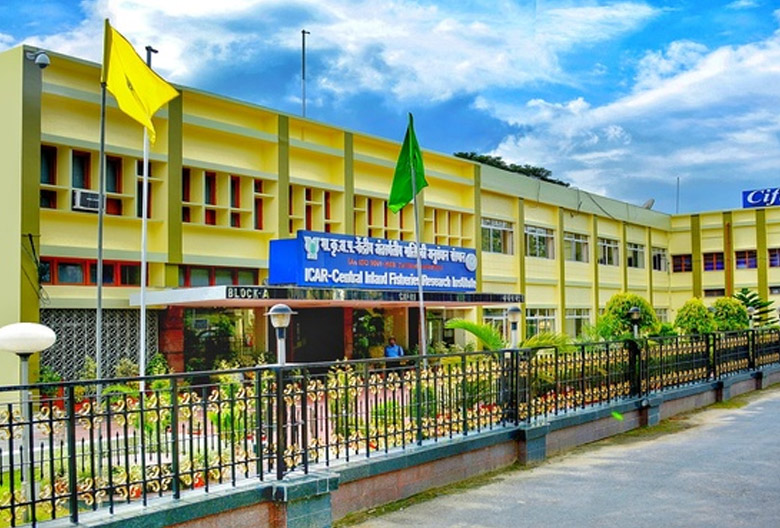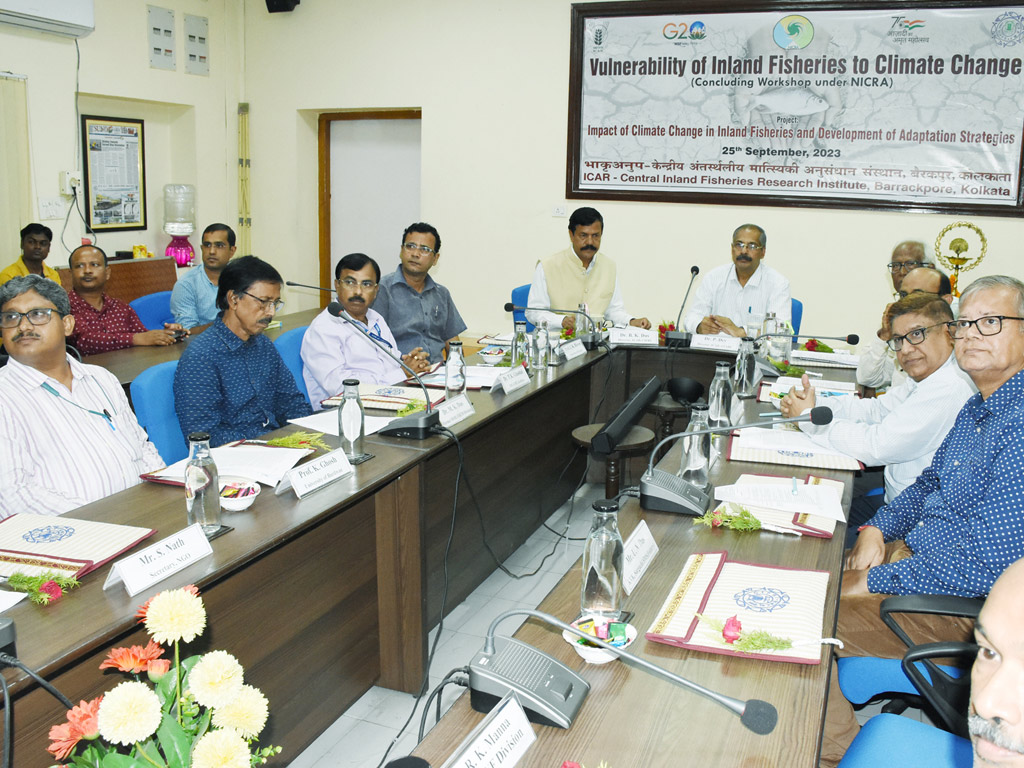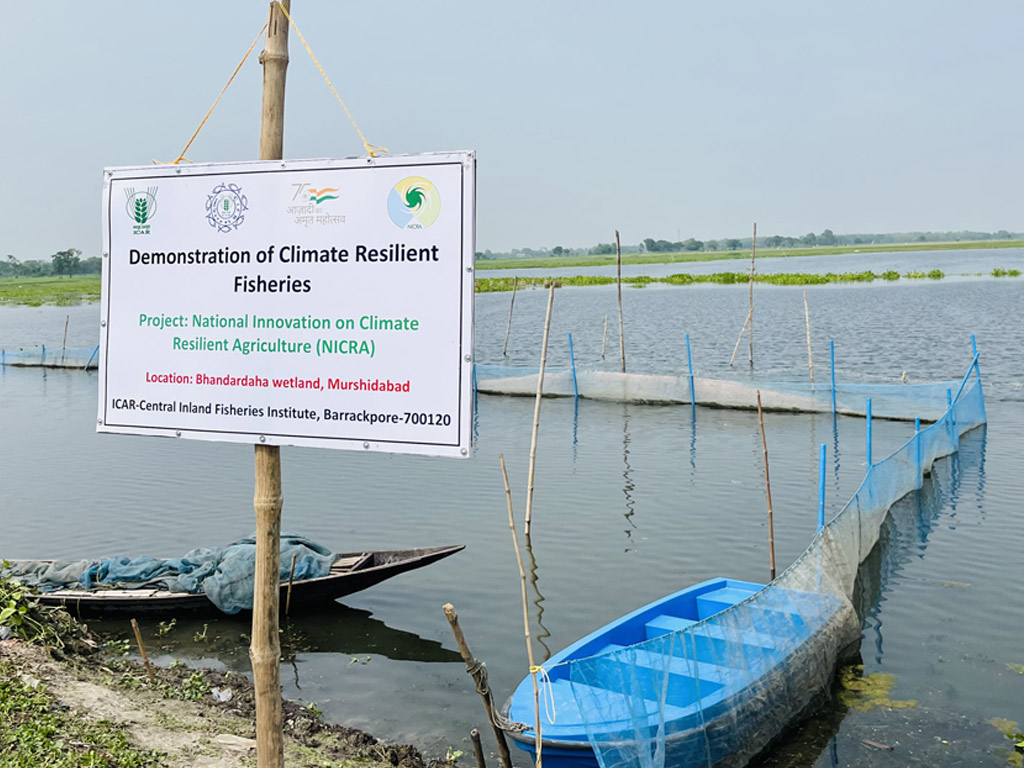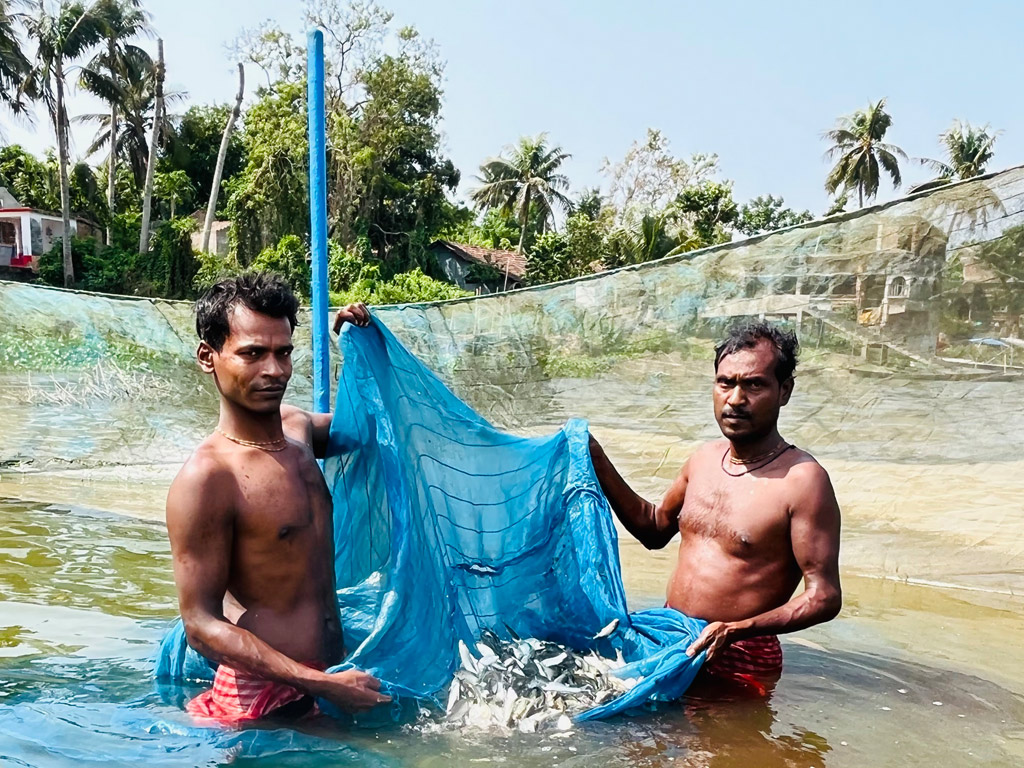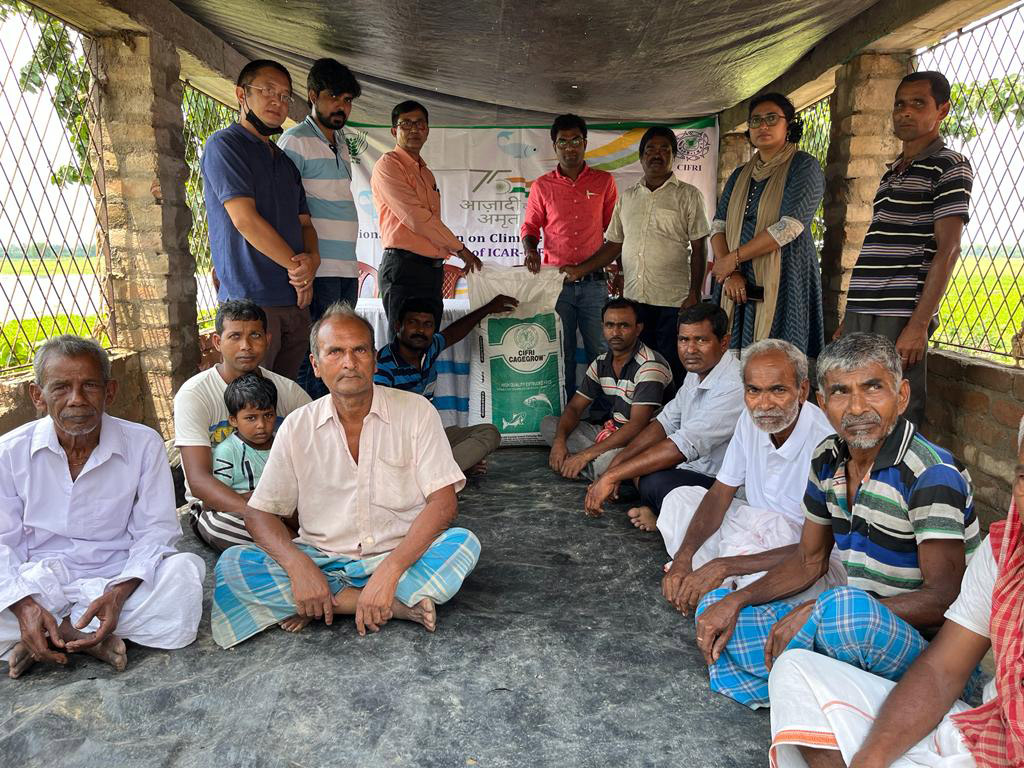Background
Climate change is one of the most crucial environmental challenges in the present century. The global surface temperature has increased faster since 1970 than in any other 50-year period over the last 2000 years (IPCC, 2021). The atmospheric CO2 concentrations have increased by 40 percent since pre-industrial era (IPCC, 2022). Climate change is altering the hydrological systems affecting water resources in terms of quantity and quality. Climate change impacts aquatic ecology and fisheries thereby the community and livelihoods resulting in vulnerability of inland fisheries. India has vast inland open water resources viz. rivers (29,000 km), estuaries (0.3 Mha), reservoirs (3.5 Mha) and floodplain wetlands (0.51 Mha) playing an important role in fish production. A total of 9.45 million fishers are dependent on inland fisheries for their livelihood. The inland fisheries and ecology are threatened due to climatic change and associated factors besides anthropogenic activities. In this backdrop, ICAR-Central Inland Fisheries Research Institute initiated dedicated research on climate change impact on inland open water fisheries in 2004 under the ICAR research project 'Impact, Adaptation and Vulnerability of Indian Agriculture to Climate Change' and continued the research under National Initiative/Innovations on Climate Resilient Agriculture (NICRA) since 2011.
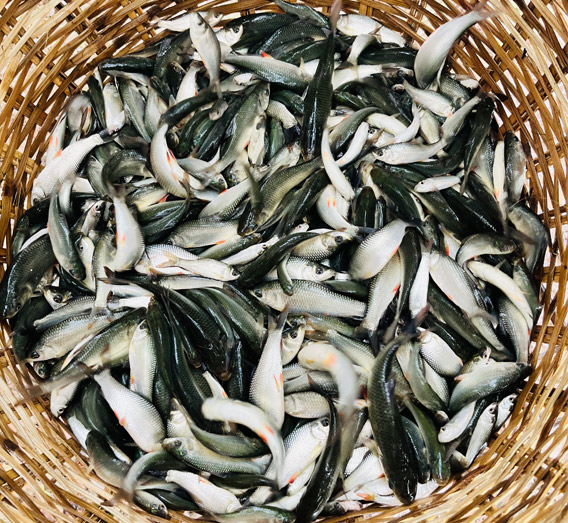
About NICRA
Keeping in view the challenges of climate change, Indian Council of Agricultural Research (ICAR) launched a network project ‘National Initiative on Climate Resilient Agriculture (NICRA) in 2011 with four main modules viz. natural resource management, improving crop production, livestock and fisheries and institutional interventions with ICAR-CRIDA as lead centre. The ICAR-CIFRI continued the climate research under NICRA since 2011 as partnering institute and generated database on climate change and inland fisheries. Various mitigation and adaptation strategies have been developed and implemented in different states.
Thrust Area:
- Impact of climate change on ecology and fisheries
- Vulnerability assessment
- Changes in breeding phenology of fishes
- Impact of extreme climatic events
- Carbon sequestration and GHG emissions
- Identification of resilient species
- Climate adaptation measures and strategies
- Capacity building of stakeholders

About CLIMCIFRI
The knowledgebase on impact of climate change on inland fisheries has been tremendously strengthened with the research outputs of ICAR-CIFRI in the last two decades. The institute has generated quantum of information/data on climate change impacts on inland fisheries and ecology. In addition, the institute has developed different methods, models and tools to assess the impact of climate change on ecology and fisheries. Various mitigation and adaptation strategies have been developed and implemented in various states. The significant research outputs and achievements in terms of data, findings and success of the project have been presented in the form of CLIMCIFRI database. The database would serve as a baseline for various stakeholders to understand the impact of climate change on inland fisheries and also to devise appropriate climate adaptation and mitigation strategies.

Dr. B. K. Das
Director, ICAR-CIFRI
Research focus
Ecosystem Vulnerability
Reproductive Vulnerability
Carbon Sequestration
Adaptation & Mitigation
Resilient Species
Capacity Building
Contact Us
